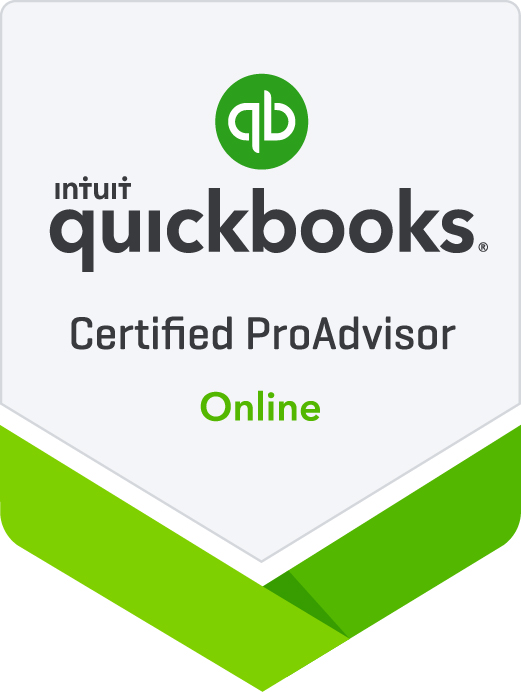What tools do you use to run your business online? This is an excellent question to ponder these days as many people are shifting from working in-person to virtual. Recently, I attended a virtual conference that focused on taking your business online and I discovered what tools other small business owners were using to make their business safer. Here are a few highlights:
We all have heard the horror stories of large scale name brand companies that have been breached and some of us have been victims of these breaches. So if even the larger companies who have vast resources get targeted then we know that we are not immune. Try these options to protect your company data and keep the bad apples out.
Anti-virus software - According to Webroot.com, “Antivirus software is a program or set of programs that are designed to prevent, search for, detect, and remove software viruses, and other malicious software like worms, trojans, adware, and more.” Some great tools to try are WebRoot, ESET & AVG.
Firewalls - The key take away I learned was to make sure that they are turned on and to schedule automatic updates to run when you are not working on your computer like during overnights.
Two-factor Authentication - This is a security code sent to you via email, text, or phone that provides. a secondary security verification to help protect you. Many popular online tools have this option like Lastpass Authenticator, Google 2-Step Verification, and Dropbox.
Software backup - It’s essential to make sure you have a system in place to back up software or e-files routinely to an external hard drive, the cloud and to encrypt the backup. Some great tools that were shared are BackBlaze, Carbonite, IDrive, and Box.
Cyber Insurance - This type of insurance has become a necessary evil for anyone who does business online. According to Wikipedia, “Cyber-insurance is a specialty lines insurance product intended to protect businesses, and individuals providing services for such businesses, from Internet-based risks, and more generally from risks relating to information technology infrastructure, information privacy, information governance liability, and activities related thereto. Risks of this nature are typically excluded from traditional commercial general liability policies or at least are not specifically defined in traditional insurance products.” You should be able to add this coverage by speaking to your current business insurance provider.
Working virtually is most likely here to stay. It is increasingly important that you take additional steps to ensure that your business is protected against unwanted nefarious types and to keep your customer’s information safe.
Keep IT Sunny!


























